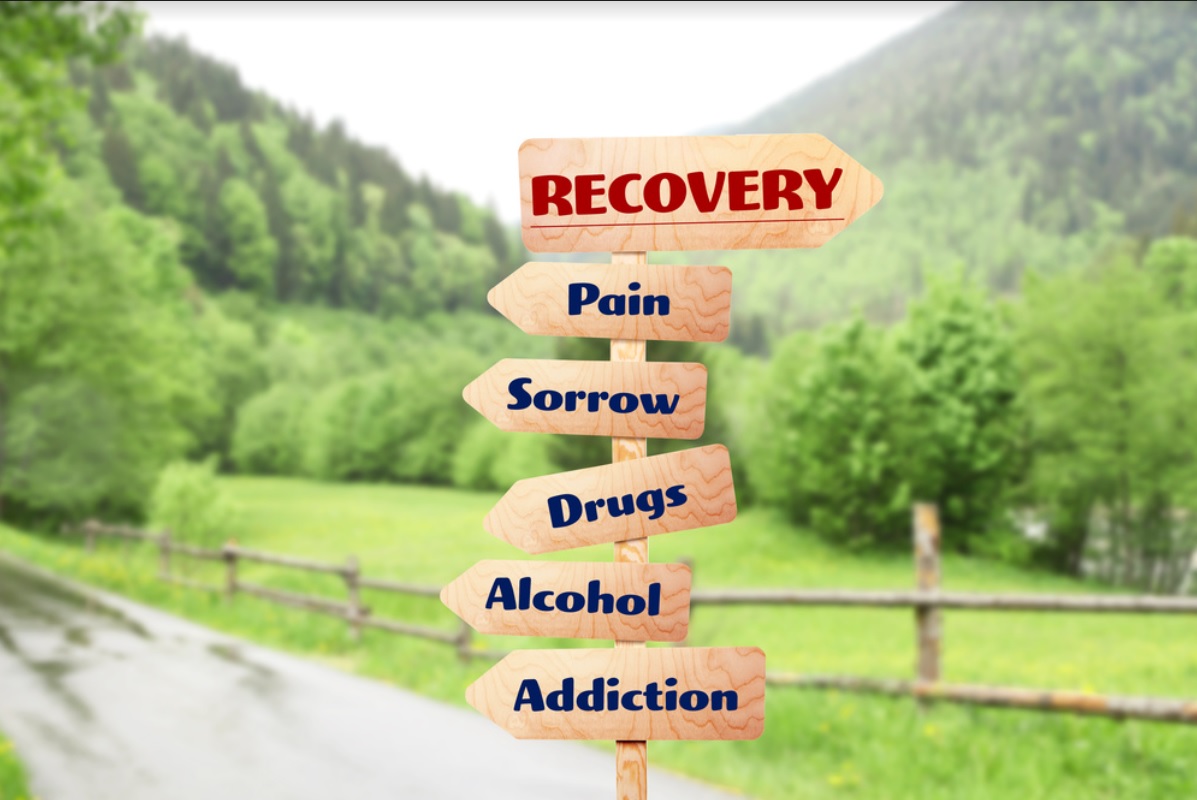Completing a residential treatment program is a significant milestone on the journey towards mental health recovery. It marks the end of an intense, structured environment and the beginning of life outside the treatment center. This transition can be both exciting and challenging. In this article, we will explore practical tips for maintaining your recovery as you step back into everyday life after residential treatment. These insights, supported by relevant statistics, aim to empower you in sustaining your progress and building a strong foundation for long-term well-being.
1. Build a Support Network
The Power of Connection
Building a robust support network is essential as you transition from residential treatment. Studies show that individuals with a strong support system are more likely to maintain their recovery (SAMHSA). Connect with support groups, reach out to trusted friends and family, and consider ongoing therapy to ensure you have the emotional backing you need.
2. Maintain Healthy Routines
Consistency is Key
During your time in residential treatment, you likely established healthy routines, including regular exercise, proper nutrition, and adequate sleep. Continue these habits in your daily life. Research reveals that maintaining a healthy lifestyle can significantly improve mental well-being (Health Psychology).
3. Set Realistic Goals
One Step at a Time
Recovery is a journey, and setting realistic goals is crucial. Avoid overwhelming yourself with too many changes all at once. Start with small, achievable goals, and gradually work your way up. Studies suggest that setting and achieving goals can boost self-esteem and motivation (Journal of Consulting and Clinical Psychology).
4. Practice Mindfulness and Self-Care
Staying Present
Incorporate mindfulness practices into your daily routine. Mindfulness can help you stay present, manage stress, and prevent relapse. Research shows that mindfulness-based interventions are effective in reducing symptoms of anxiety and depression (JAMA Internal Medicine).
5. Attend Aftercare Programs
Continuing Support
Many residential treatment centers offer aftercare programs that provide ongoing support and therapy. Research indicates that individuals who participate in aftercare programs are less likely to relapse (American Journal of Psychiatry).
6. Identify Triggers
Know Your Vulnerabilities
Identify the situations, people, or emotions that may trigger negative behaviors or thoughts. Awareness of your triggers is the first step in managing them effectively. Research confirms that identifying triggers is crucial for preventing relapse in substance abuse recovery (Journal of Substance Abuse Treatment).
7. Seek Professional Help When Needed
No Shame in Asking
If you find yourself struggling or facing challenges that seem insurmountable, don’t hesitate to seek professional help. Therapists and counselors can provide guidance and support. Early intervention significantly improves the chances of successful recovery (NAMI).
8. Avoid Isolation
Stay Connected
Isolation can be a risk factor for relapse. Make an effort to stay connected with friends, family, and your support network. Social support is essential for maintaining mental health (American Journal of Orthopsychiatry).

9. Celebrate Your Achievements
Acknowledge Progress
Celebrate your successes, no matter how small they may seem. Acknowledging your achievements boosts self-esteem and motivation. Celebrating milestones in recovery can help maintain a positive outlook (Journal of Clinical Psychology).
10. Be Patient with Yourself
Embrace Self-Compassion
Recovery is not always linear, and setbacks may occur. It’s essential to be patient and compassionate with yourself during these times. Self-compassion is associated with better mental health outcomes (Journal of Behavioral Medicine).
Conclusion
Transitioning to life after completing a residential treatment program is a significant step in your mental health journey. While it may come with challenges, it also presents opportunities for growth, resilience, and sustained recovery.
The tips provided in this article, supported by relevant statistics, offer guidance for building a solid foundation for long-term well-being. Remember that recovery is a process, and setbacks are a natural part of it. Seeking help when needed, staying connected with your support network, and maintaining healthy routines are key to your success.
As you navigate this transition, always keep in mind that you have the strength and resources within you to overcome challenges and embrace a fulfilling life in recovery. Sustainable recovery is not just a goal; it’s an achievable reality.
